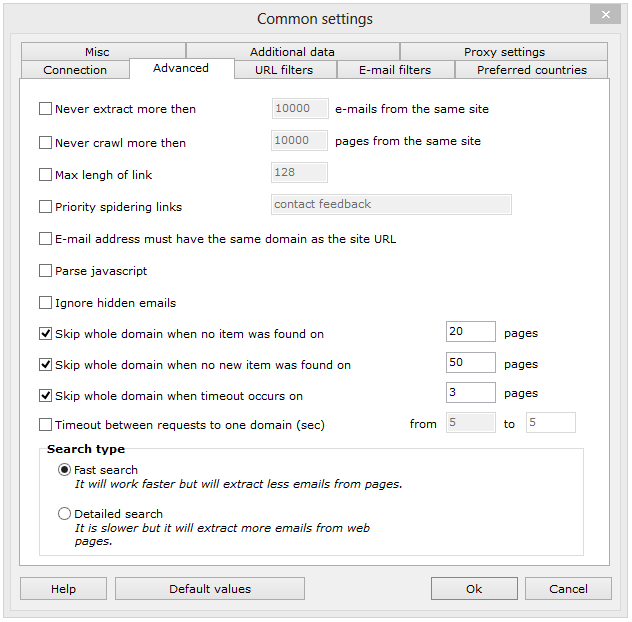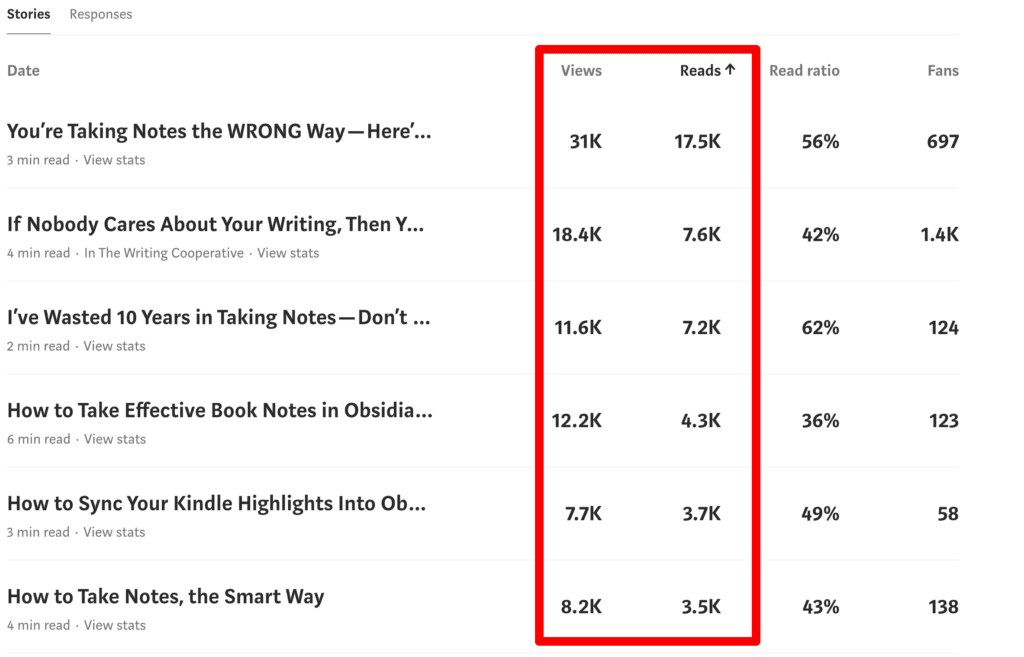Great Info On Picking A Oncologist Email list
Great Info On Picking A Oncologist Email list
Blog Article
What Are The Factors I Should Be Thinking About When Buying An Email List From Cpa?
To ensure your CPA (Certified Public Accountant) email list is compliant, relevant and high-quality it's important to assess some key aspects. Here's what you need to consider:1. Data Quality and Accuracy
Verify whether the origin of information is accurate. Trustworthy providers usually collect information from reliable sources such as professional directories, trade organizations, or databases. Avoid lists that are created by scraping, or unreliable sources. They may contain inaccurate information.
Verification Process - Check whether the email address list was recently validated. This decreases bounce rates and makes sure you're contacting active, valid emails. Inquire when the list is cleaned and updated, as CPAs can frequently change their jobs or companies.
Segmentation and Filters: A well-designed CPA list should offer different ways to segment, including geographical location (city or state, country), industry specialization (e.g., auditing, taxation and financial planning) and years of experience, or firm size. A targeted targeting strategy using these parameters can increase the relevancy of your campaigns.
2. Legal Regulations
Data Privacy Laws : Ensure compliance with local data privacy laws, including the California Consumer Privacy Act and the General Data Protection Regulation. The list should contain the email addresses acquired legally and only with consent.
Conformity with the CAN-SPAM Act. For U.S. emails campaigns, the list must comply with the CAN-SPAM Act. The Act regulates commercial electronic communication. The list should include opt-out methods and avoid misleading content or subject line. Infractions can result in penalties and legal problems.
Opt-in Consent: Verify that email addresses were obtained via opt-in consent. This means that the recipient consented to receiving marketing emails from third-party companies. This reduces the chances of spam complaints and increases engagement.
3. Provider Reputation
Learn about the reputation and track record of the company you choose to work with. Look at reviews, testimonials as well as case studies to find out what other clients think. Companies with an established track record are more likely than not to provide accurate and high-quality data.
Transparency: The provider must be transparent in the way data is gathered and how it is updated. If the service provider doesn't explain clearly their methods and procedures, then they're a red flag.
Customer Support: Reliable customer support is crucial in case you require assistance in modifying your list or troubleshooting issues, or if you need help understanding the rules of compliance. A good support team can reduce time and effort during the campaign process.
4. Cost and Return on Investment
Pricing Models. Providers offer different pricing options. Some charge for each contact; others offer per-contact fees or a subscription. Review costs against ROI and weigh price against the quality.
Check out the refund policy. If a large number of emails are incorrect or invalid, you may be entitled to a complete or partial reimbursement. A guarantee can give peace of peace of mind.
Cost is not the same as. Value: Don't focus solely on the price. If the list is of poor quality, a less expensive one may look appealing but can lead to low engagement rates or a high bounce rates. Make sure to choose lists with good precision, accuracy of data, and segmentation worth.
5. Ownership of Data, Usage of Data Access and Usage
Is it a single-use or multiple-use? Find out whether you're purchasing the list to use once or if the list is yours and you can use it in ongoing campaigns. While a single-use list might be cheaper, owning your list allows you to conduct long-term marketing campaigns.
Shared Lists vs. Exclusive lists: Determine whether the list of email addresses is only for you or shared with other buyers. Lists shared: Determine if your email list is just for your company or if other buyers can also access it. Shared lists could cause audiences becoming fatigued if recipients are being bombarded with promotional emails from other businesses.
6. Data Integration and Format
CRM Compatibility. Be sure that your list is sent in an email format compatible with the CRM software that you use, or for marketing via email like CSV. This will allow for simple managing data and import.
User-friendly What is the simplest way to have the data be segmented and managed once they are integrated into your systems? A well-organized and organized list will make personalization and targetting more effective.
7. Ethical Questions
Relevance of content: CPAs can be working professionals with a lot of responsibilities. It's therefore important to send them relevant and valuable content. Sending irrelevant messages can harm the reputation of your company or lead to more spam complaints.
Avoid sending out excessive emails. Unsubscriptions can cause unsubscriptions or spam complaints that could negatively impact your sender reputation.
The conclusion of the article is:
If you're buying an CPA mailing list, make sure you prioritize the data's quality as well as compliance with legal requirements, and reputation of the company you're buying from. This will ensure that the list is worth the investment. The right segmentation will allow you to get the most out of the engagement of your customers and increase the ROI. View the pro cpa email list for more guide.
What Are The Factors I Should Be Looking At When Purchasing Data Appending Software?
If you are considering a data appending service, it's crucial to evaluate various factors to make sure that the service will improve the accuracy of your existing data while maintaining compliance, accuracy, and moral standards. When you add information that's not present, like the phone number, email address, or demographic detail it can enhance your database. Below are a few important factors to consider when purchasing data appending service:1. Data Accuracy
Source of Data: Make sure that the company appending data uses trustworthy, high-quality sources like opt-in directories and public records. Trustworthy data providers typically collect their data from legitimate sources. This guarantees that the appended info is up-to-date and accurate.
Verification Process - Check to see if the provider has a process in place for validating and verifying the data you have added. This will ensure that the data are current relevant, precise and appropriate for your requirements. The service provider should provide regular update and data cleansing processes.
Match Rate: Different companies have varying match rates, which refers to the proportion of your data that can be enriched with new data. Achieve a high level of match with the accuracy of your data. High match rates are essential however they shouldn't come with a price.
Customization - Based on the requirements you have, check that the provider has options for data append that can be customized. You might want to include different kinds of data, for instance firmographic or demographic information as well as behavioral data, contact details.
2. Data Security and Privacy
Conformity with regulations - Data appending is the handling and processing of personal data. Therefore, it is important that services conform to any applicable privacy laws. The data appended must be legally collected and processed so that it can avoid penalties and damage to reputation.
Consent Management - Ensure the information is provided by individuals that have consented explicitly to the sharing of their personal data. Beware of data sources that are based on suspect practices, or those that violate the privacy of the users. This could result in legal and ethical concerns.
Data Security: Ensure the service provider has strict data security measures in place to ensure the integrity and security of your existing database as well as the information that is added to it. In this list are data transfer protocols that are secure encryption, access control, and additional security measures.
3. Provider Reputation
Vendor Reputable: Pick a provider who has an excellent reputation in the industry for providing data that is reliable and in compliance. Read their reviews, testimonials and cases studies to determine how they've performed. A reputable company is more likely than not to provide high quality services and ensure compliance with law.
Specificization in a particular industry: Some vendors specialize in specific industries, such as retail, healthcare, or finance. Choose a provider with know-how and experience in your specific field if you have a business that operates in a similar market. They can provide you with tailored solutions that meet the specific needs of your business.
4. Cost as well as Cost and Return on Investment (ROI)
Pricing Model: Companies that append data offer different pricing models. For example they might charge per record, or establish charges for large updates. Ensure you understand the cost structure and how it is aligned to your budget. Be cautious of services that appear low in price, as it could suggest poor information.
Determine your ROI potential by incorporating information. A good service will help you improve your marketing's performance, improve the engagement of your customers and increase conversion rates. Compare the price of the service with the benefits you will receive from having better, more useful information.
5. Data Types & Appending Options
Types of data: Consider the kinds of data you'd like to include in your database. Common types of data include
Email addresses are crucial for email campaigns.
The importance of phone numbers is in the sales process and for customer support.
Demographic Data is useful for segmentation and targeting in marketing.
Firmographic data is crucial for B2B firms that are targeting companies based on their revenues, employee size or industry.
Profiles on Social Media: Some service providers permit you to include your social media handles. This can be helpful for digital and social marketing.
6. Data Format and Integration
Compatibility: Make sure the data is in a format that is compatible with your CRM system. (CRM) system or marketing automation software or other tools you use. The most common formats are CSV, Excel, or API integration, which allows for easy data import and usage.
Data Cleansing & Enrichment: An appending service provider that is reliable should provide cleaning and enrichment solutions. This includes correcting incorrect information as well as removing redundant records and erasing outdated records. Data enrichment includes more than adding new information. It also increases the accuracy and quality of your current database.
7. Ethical Concerns
Transparency: Providers must be transparent about the source of appended data and how they are collected. Ethical data appending services will adhere to strict guidelines regarding the source of data and its use, ensuring that the information is collected through legal and transparent means.
Be aware that the addition of details about contacts, like telephone numbers or email addresses shouldn't lead to unwelcome or intrusive actions. Make use of appended data in a responsible manner. Follow guidelines to contact with opt-out options and ensure privacy for consumers.
The conclusion of the article is:
Focus on data quality and legal compliance when choosing data appending providers. Pick services that offer secure, validated data that meets privacy regulations including GDPR and CCPA. Also, make sure that the added information is compatible with your system and think about the long-term benefits of investing in accurate, enriched information. Data appending, when done in a responsible manner and with the right company, can enhance your business and marketing effectiveness. See the top data appending services for website examples.